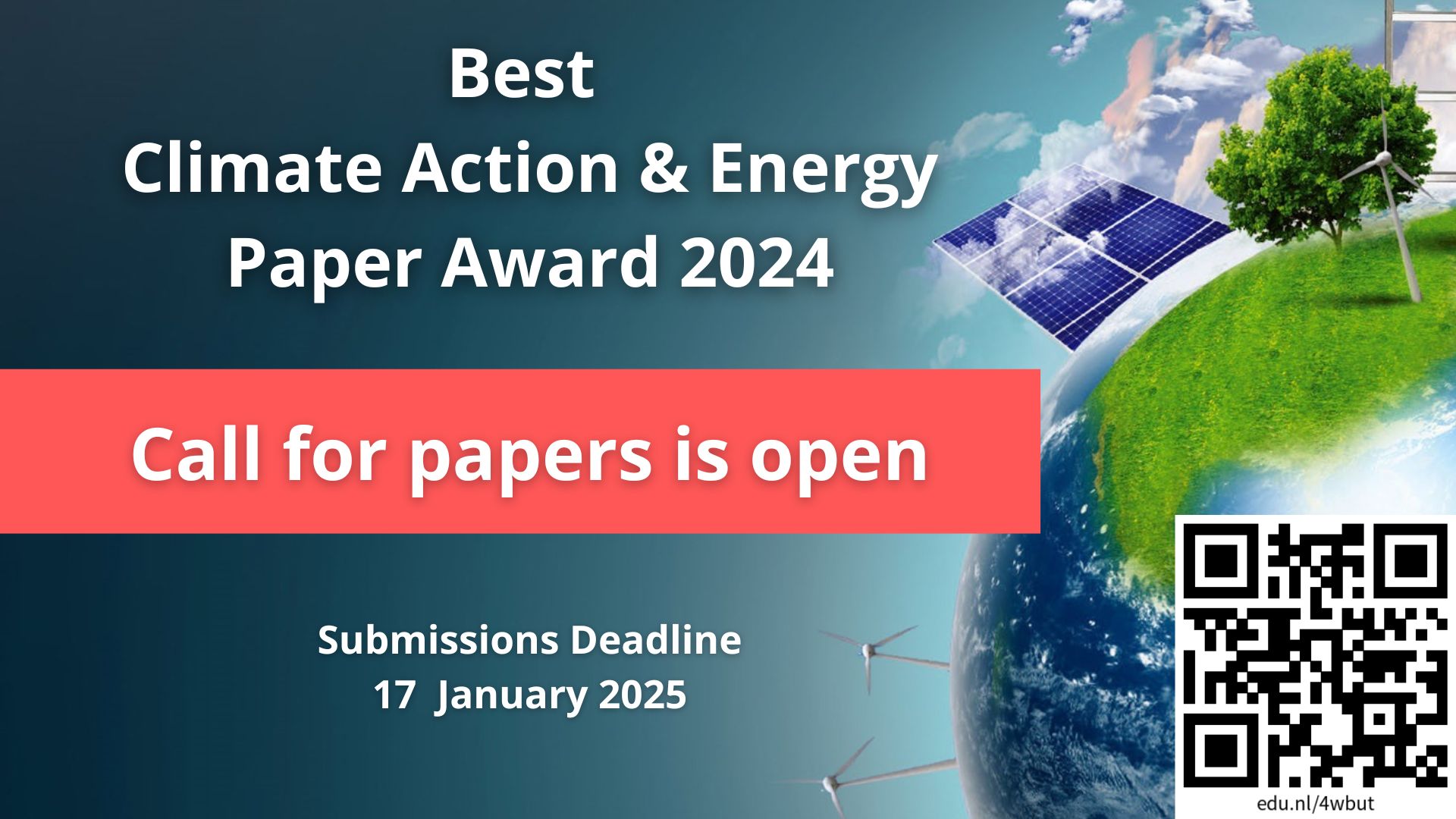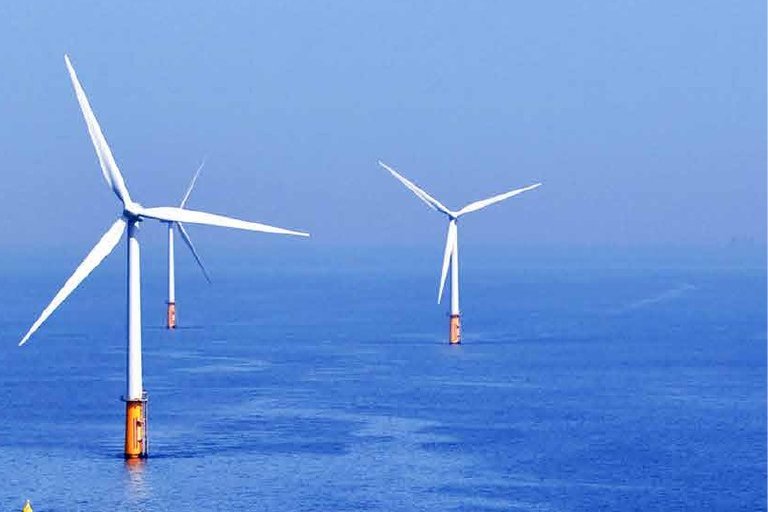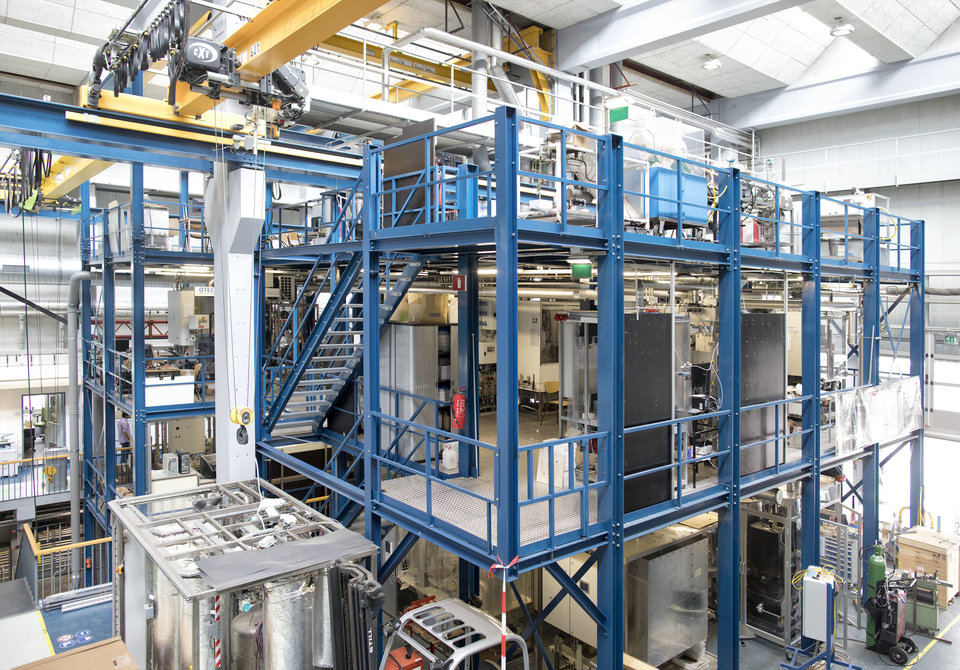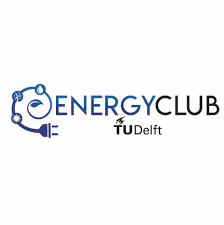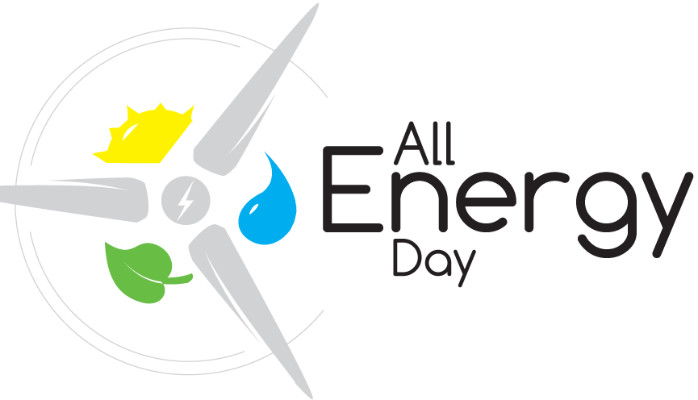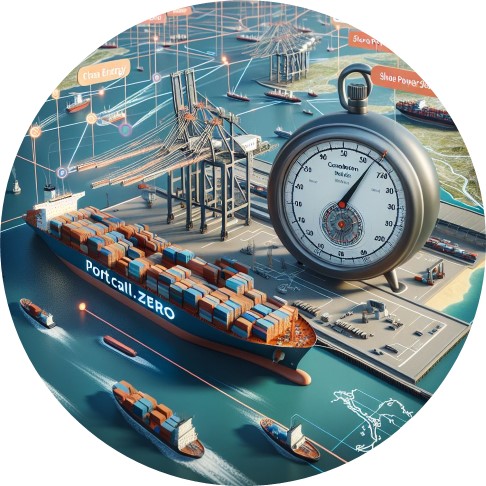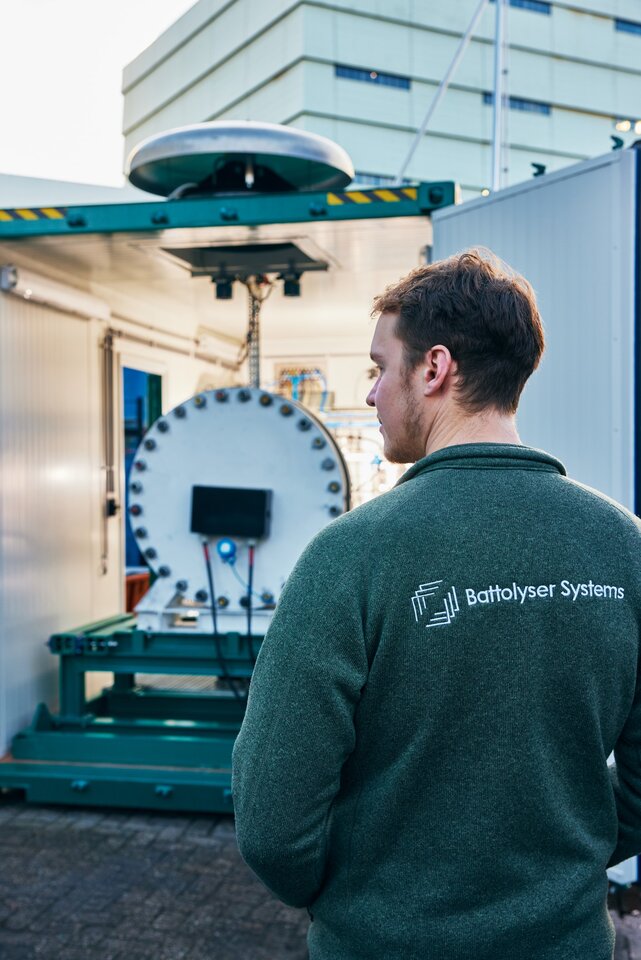Delft Energy
Delft Energy is the gateway to energy research, education and innovation at TU Delft. This initiative serves as a catalyst for collaboration and discussion between scientists and students and between TU Delft and the business community, governments and politicians. In this way, Delft Energy wants to contribute to energy innovation and ensure that sustainable energy supply remains a priority for society.
he initiative consists of 4 main cross-faculty energy institutes: Wind Energy; Urban Energy; PowerWeb and e-Refinery. Of course there is some overlap; that is why the institutes are in close contact with each other. Themes like Social Innovation and Governance cross each institute. The energy platforms Ocean Energy; H2 and eBattery are also involved. Below you will find the links to the institutes and platforms.
A startup related to the energy transition can obtain a voucher through Delft Energy and researchers can win an amount of money with their publication annually. Our 'Energy Club' ensures that all TU Delft students can exchange knowledge about the latest research and energy education through interesting events.
The 4 energy Institutes
More energy
Under the umbrella of Delft Energy are more energy platforms and initiatives. Here you will find more information on: H2; e4Battery; Social Innovation; Ocean Energy, Energy Access 4 All. Delft Energy brings together all energy researchers to share their knowledge and start new collaborations.
Climate Action Programme
Delft Energy works closely together with the TU Delft Climate Action Programme. Within that programme there are 17 flagship projects devided over 4 climate themes: science, mitigation, adaptatation and governance. Together we organize events where researchers can share their knowledge and start new collaborations.
NERA
Delft Energy collaborates with NERA; the 'Netherlands Energy Research Alliance', which comprises of almost all academic research organisations in The Netherlands that conduct Energy Research.
4TU.Energy
4TU.Energy connects and builds upon the individual strengths of the 4 technical universities and facilitates coordination and collaboration among researchers in the field of energy to accelerate the transition toward a carbon-neutral future.

